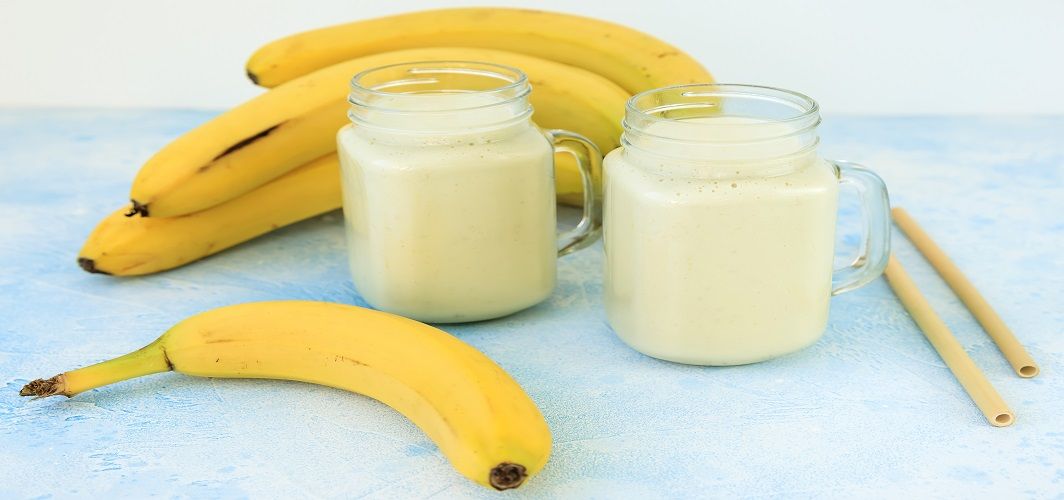Diabetes Management
Are Carrots Good for Diabetes?
3 min read
By Apollo 24|7, Published on - 30 January 2024, Updated on - 22 February 2024
Share this article
0
0 like

Carrots are a popular vegetable, known for their vibrant orange colour and sweet, earthy taste. They are a rich source of essential nutrients, particularly beta-carotene, which the body converts into vitamin A. But for individuals with diabetes, the question arises: are carrots a suitable addition to their diet?
The answer is yes, with some considerations. Carrots can be part of a balanced diet for people with diabetes, and they offer several benefits:
Low Glycemic Index:
The glycemic index (GI) measures how quickly a food raises blood sugar levels. Carrots have a low GI, which means they cause a gradual, modest increase in blood sugar. This is beneficial for managing diabetes because it helps avoid sharp spikes and crashes in blood sugar levels.
Fibre Content:
Carrots are a good source of dietary fibre. Fibre is known to slow down the digestion and absorption of carbohydrates, further assisting in regulating blood sugar. It also promotes a feeling of fullness, which can be helpful for weight management, an important aspect of diabetes care.
Rich in Nutrients:
Carrots are packed with essential vitamins and minerals, including vitamin A, vitamin K, potassium, and antioxidants. These nutrients support overall health, and their anti-inflammatory properties can be beneficial for individuals with diabetes.
However, while carrots can be a healthy addition to a diabetes-friendly diet, portion control and overall carbohydrate intake still need to be considered:
Portion Size:
As with any food, portion control is crucial for individuals with diabetes. Consuming excessive amounts of carrots can lead to an increase in carbohydrate intake, potentially affecting blood sugar levels. A small serving of carrots, such as half a cup, is a reasonable portion for most meals.
Meal Planning:
When incorporating carrots into your diet, it's essential to account for their carbohydrate content. Carrots contain both fibre and natural sugars, so they should be included as part of a meal plan that balances carbohydrates with proteins, healthy fats, and other non-starchy vegetables.
Pairing with protein and healthy fats:
Combining carrots with a source of protein and healthy fats can further help regulate blood sugar levels. For example, you might enjoy carrots with hummus or as part of a salad with grilled chicken.
Blood Sugar Monitoring:
It's important for individuals with diabetes to monitor their blood sugar levels and observe how their bodies respond to different foods, including carrots. This can help determine the most suitable portion sizes and meal combinations for personal blood sugar management.
Preparation Methods:
The way you prepare carrots matters. Avoid sugary glazes or high-fat preparations. Instead, opt for steaming, roasting, or consuming them raw as a crunchy snack. These methods help maintain the nutritional value of the carrots without adding unnecessary sugars or fats.
Conclusion
Carrots can be a part of a well-balanced diet for individuals with diabetes. Their low glycemic index, fibre content, and nutrient profile make them a healthy choice. However, as with any food, moderation and mindful meal planning are key. Always consult with a healthcare provider or registered dietitian to create a diabetes management plan tailored to your specific needs and dietary preferences.
Diabetes Management
Consult Top Diabetologists
View AllLeave Comment
Recommended for you

Diabetes Management
Managing Diabetic Neuropathy: Tips For Relieving Pain and Discomfort
While there's no cure, symptom management for relieving pain and discomfort is crucial for managing diabetic neuropathy. Tips include controlling blood sugar levels through a healthy lifestyle, medications prescribed by your doctor, regular exercise, and proper foot care. Pain relief options may include prescription pain relievers, antidepressants, and anticonvulsants. Consult a healthcare professional to create a personalised plan for managing diabetic neuropathy, which can help improve your quality of life.

Diabetes Management
Can Diabetics Eat Bananas?
Diabetics can eat bananas but in moderation. Bananas are a good source of fibre, potassium, and vitamins. However, bananas also contain natural sugars, so portion control is important. It's recommended to choose ripe bananas with a lower glycemic index and include them as part of a balanced meal or snack.

Diabetes Management
Managing Diabetes: Essential Habits and Routines
Managing diabetes effectively involves more along with your medication. Adopting beneficial habits like consuming a balanced and nutritious diet, getting regular exercise, quality sleep, smoking and alcohol cessation, and stress management are crucial. These practices help regulate blood sugar levels, reduce diabetes-related symptoms, minimize the risk of complications, and help improve overall well-being. Embrace these habits for a healthier you.
Subscribe
Sign up for our free Health Library Daily Newsletter
Get doctor-approved health tips, news, and more.
Visual Stories

8 Fruits That are Incredibly Healthy for Diabetes
Tap to continue exploring
Recommended for you

Diabetes Management
Managing Diabetic Neuropathy: Tips For Relieving Pain and Discomfort
While there's no cure, symptom management for relieving pain and discomfort is crucial for managing diabetic neuropathy. Tips include controlling blood sugar levels through a healthy lifestyle, medications prescribed by your doctor, regular exercise, and proper foot care. Pain relief options may include prescription pain relievers, antidepressants, and anticonvulsants. Consult a healthcare professional to create a personalised plan for managing diabetic neuropathy, which can help improve your quality of life.

Diabetes Management
Can Diabetics Eat Bananas?
Diabetics can eat bananas but in moderation. Bananas are a good source of fibre, potassium, and vitamins. However, bananas also contain natural sugars, so portion control is important. It's recommended to choose ripe bananas with a lower glycemic index and include them as part of a balanced meal or snack.

Diabetes Management
Managing Diabetes: Essential Habits and Routines
Managing diabetes effectively involves more along with your medication. Adopting beneficial habits like consuming a balanced and nutritious diet, getting regular exercise, quality sleep, smoking and alcohol cessation, and stress management are crucial. These practices help regulate blood sugar levels, reduce diabetes-related symptoms, minimize the risk of complications, and help improve overall well-being. Embrace these habits for a healthier you.

